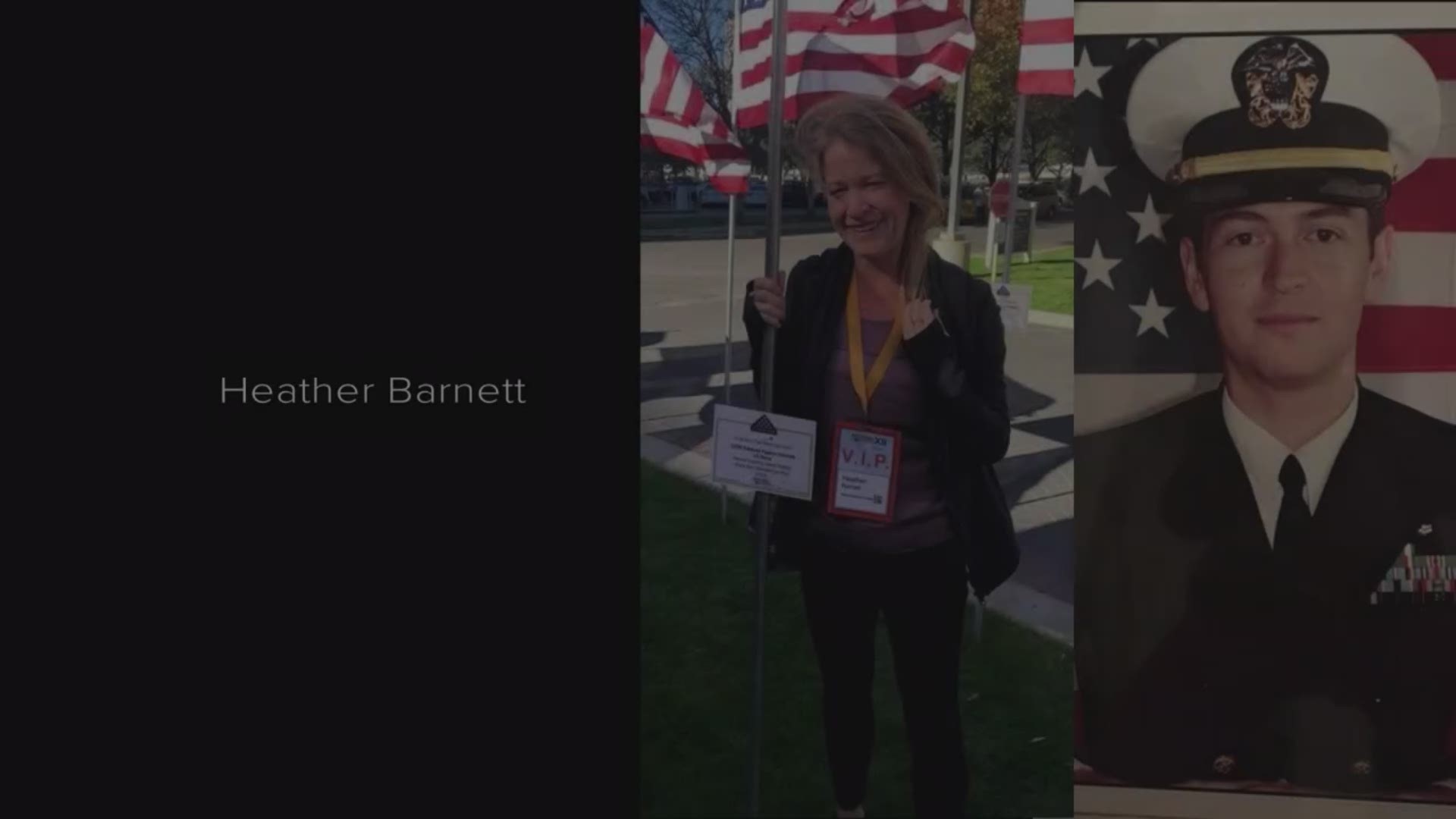WASHINGTON — A bipartisan contingent of senators are pushing the Armed Services Committee leaders to repeal Widow's Tax.
"We have an obligation to make sure that we are taking care of our military families who have sacrificed so much," Sen. Doug Jones, D-Ala., and Sen. Susan Collins, R-ME, wrote in a bipartisan letter to the chairmen and ranking members of the House and Senate Armed Services Committees.
Sixty-four of their Senate colleagues also cosigned the letter to committee leaders.
The senators are leading a new effort to make sure that the House-passed provision of the Military Widow's Tax Elimination Act of 2019 will remain in the final version of the National Defense Authorization Act conference agreement.
Congressional Reps. Joe Wilson, R-S.C., and John Yarmuth, D-KY, introduced H.R. 553 in the House. It reached a record 352 cosponsors.
The NDAA is the budget for the U.S. military. The House and Senate are currently negotiating the final bill.
It is not the first time that a bill has been introduced to repeal the Military Widow's Tax. In fact, legislation has been introduced in the Senate over the past 18 years.
The push to reverse the law Congress passed in 1972 reached an unprecedented level of support this year. A record 75 cosponsors in the Senate signed on to Jones' bill that will give back the earned benefits of more than 65,000 surviving military spouses.


"This problem goes back decades, but this year we can finally solve it once and for all. It is our time to do our duty not only to support the brave men and women of our military, but also to support their families," Sens. Jones and Collins wrote.
The surviving military spouses said that they are "cautiously optimistic" that the SBP-DIC Offset will finally be fixed.
The Dependency and Indemnity Compensation, the DIC, is a benefit the U.S. Department of Veterans Affairs determined spouses are eligible to receive. It's a monthly $1,300 tax free payment to survivors of service members who die in the line of duty, or if their death is due to a service related injury or disease.
Forty years ago, Congress established the Survivor Benefit Plan, the SBP. It is an annuity military members pay into with their own money. Surviving spouses, like Edie Smith, Kathy Prout, Kristy DiDomenico and Kathy Thorp, thought they would receive a combined payment of the SBP and DIC.


But that law, the SBP-DIC Offset, prevents them from collecting both federal benefits, even though, the SBP is an insurance program. And according the Military Officers of Association of America, families across the country lose out on at least $12,000 a year.
Gabriella Kubryni has been lobbying Congress ever since her husband, Jeffery Ferrin, lost his life while serving on the aboard the USS Oscar Austin.
"I've been working on the SBP-DIC Offset for about 6, 7 years," Kubinyi said.
"It's time to do the right thing," Gold Star wife Raina Taylor said.


